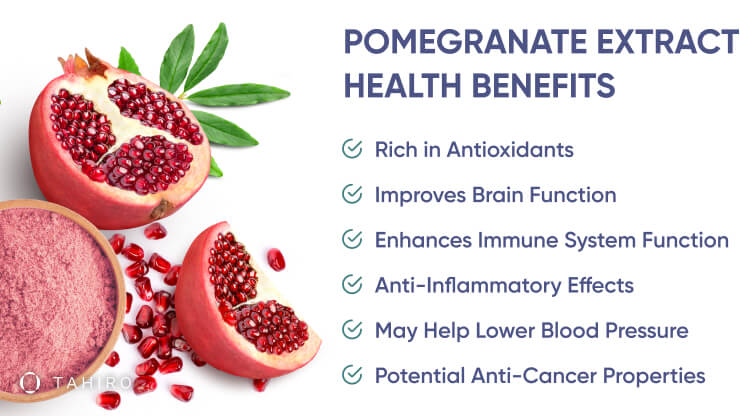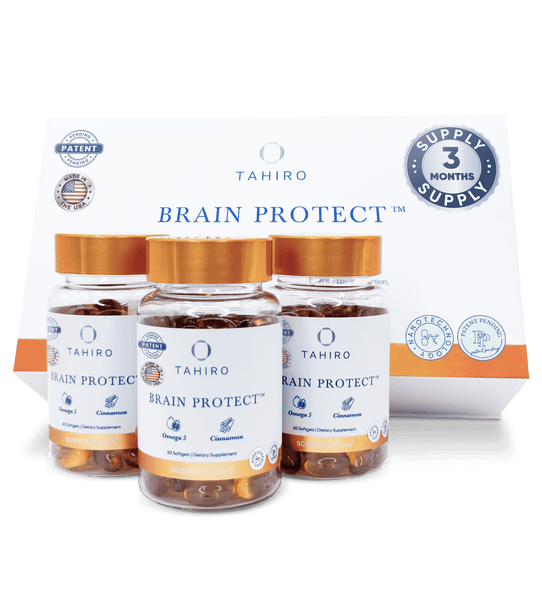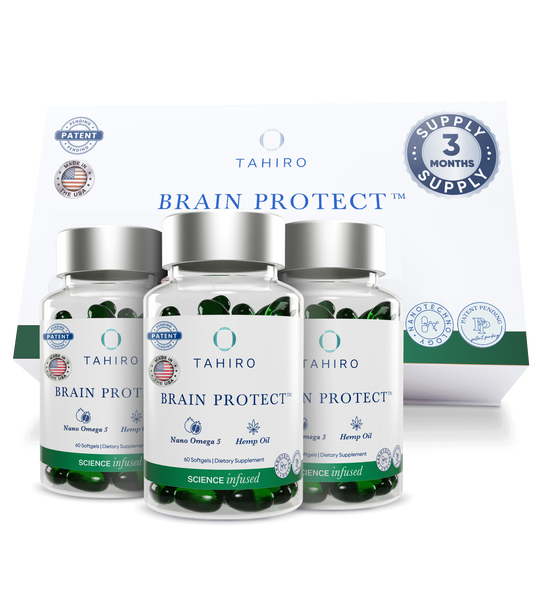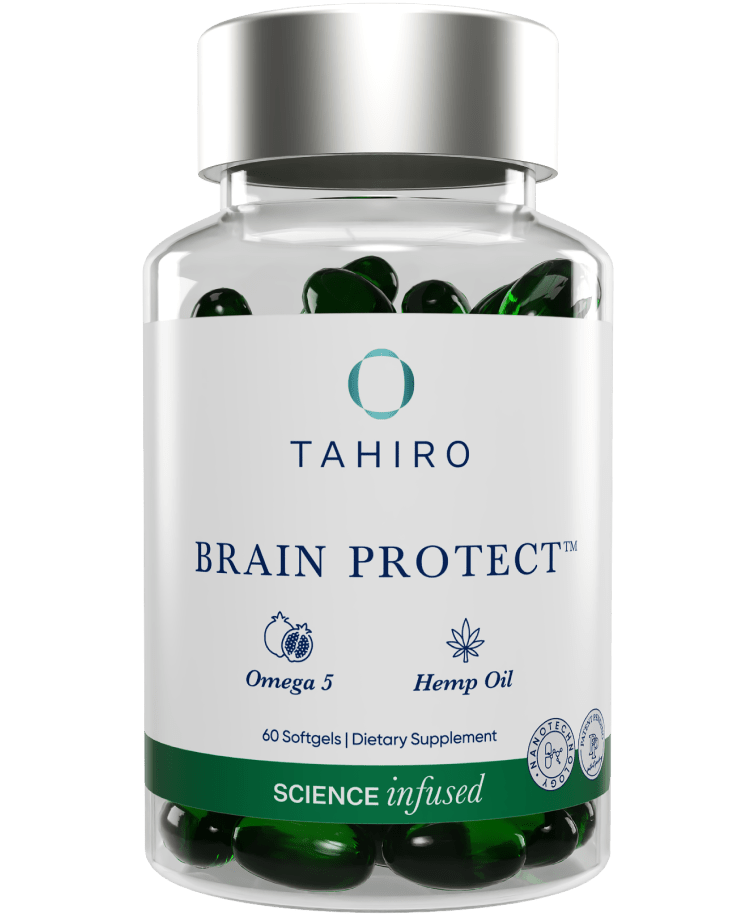Pomegranate is a fruit that contains several health benefits. Its high antioxidant content makes this fruit a powerhouse to help reduce inflammation, reduce the risk of chronic illnesses, and enhance immune function.
You can find pomegranate in both juice and capsule form. But, when choosing the best, which one should you choose? Are pomegranate supplements better than juice? Or is it the other way around?
Here, we’ll detail the differences between pomegranate supplements and juice to help you select the best option.
Pomegranate Health Benefits
Pomegranates are a powerhouse of health benefits, containing numerous substances that can improve overall wellness. They’re low in fat and high in fiber, making them a healthy addition to virtually any diet. Here is the nutritional information for one pomegranate (282 grams)(1).
-
Calories: 234
-
Carbs: 52.7 grams
-
Fiber: 11.3 grams
-
Proteins: 4.7 grams
-
Fats: 3.3 grams
Pomegranates are also a good source of essential vitamins and minerals, such as vitamin C, folate, and potassium, and also contain other beneficial substances, like antioxidants. Research has discovered that pomegranates offer several potential health benefits, including:
-
Reduced inflammation. Pomegranates contain high levels of an antioxidant called punicalagin, which is from the ellagitannin family. Research (2) shows that antioxidants like these can help reduce the effect of free radicals in the body, resulting in lower levels of inflammation.
-
Promotes heart health. Pomegranate has been found to promote heart health by addressing some of the major risk factors for heart disease. It can help to lower blood pressure (3), and also helps to reduce cholesterol levels (4).
-
Improves urinary health. According to evidence (5), pomegranates can reduce the risk of kidney stones by helping to regulate the levels of both oxalates and calcium (two components that promote kidney stones).
-
Improves exercise endurance. Evidence (6) suggests that pomegranate may help increase the amount of time you can exercise before reaching exhaustion. It may also help to improve muscle recovery, thanks to its antioxidant properties.
-
Supports digestive function. Thanks to their high fiber content, pomegranates can help improve bowel movements and digestion. Also, they contain prebiotics, a specific type of fiber that acts as food for beneficial bacteria in the gut. This can help to support gut health by promoting a healthier balance of gut bacteria (7).

Pomegranate Supplements vs. Pomegranate Juice: Which Is Better For You
Even though eating fresh pomegranate is a delicious way to enjoy this fruit’s benefits, there are also other options available. Some people choose to drink pomegranate juice, while others take supplements containing pomegranate extract. How do these options compare? Is one better than the other?
In this article, we’ll explore the similarities and differences between pomegranate juice and supplements, in order to help you make an informed decision on which is the best option for you based on your goals and needs.
Similarities
- Both are high in antioxidants and nutrients, since they come from the same source.
- Research has not found a difference in the health benefits between pomegranate juice and supplements.
Differences
- Pomegranate juice is higher in calories and sugar than pomegranate supplements.
- Due to its high sugar content, pomegranate juice may increase blood sugar levels in some people.
- You may need to drink a lot of pomegranate juice to get the same dosage of active ingredients provided by a supplement.
- Pomegranate supplements use different parts of the pomegranate, including the skin and mesocarp (the white part that the seeds attach to).. Since they contain different parts of the fruit, they provide a diverse array of bioactive compounds, such as antioxidants, polyphenols, and dietary fiber, which collectively contribute to the potential health benefits of pomegranate. By contrast, pomegranate juice completely lacks fiber, and is often made entirely from the seeds and arils (the colored part on the outside of the seeds), rather than from other parts.
How Much Pomegranate Extract Should You Take?
Currently, there is no recommended dosage for pomegranate extract. However, according to research, people may benefit from a dosage between 350 and 750 mg (8) per day. A higher dosage (1,000 to 3,000 mg) can result in gastric problems, such as diarrhea.
If you would like to know the recommended dosage, talk to a health professional to have a clear understanding based on your goals, needs, and current weight.
Is Taking Pomegranate Supplements Better Than Drinking Pomegranate Juice?
While pomegranate juice is a good option to drink once in a while, the fact that it contains a high amount of sugar makes it something you need to drink only in moderation. As a result, you may not be getting all the health benefits that pomegranate has to offer.
Because of this, pomegranate supplements can offer an advantage. You get a concentrated dose of essential nutrients without all those calories and sugar.
In addition, pomegranate supplements use many different parts of the pomegranate, allowing you to obtain extra nutrients. For example, research (9) shows that certain substances found primarily in the pomegranate’s skin or in the mesocarp (the white part that the seeds attach to)can help to reduce inflammation, support heart health, and promote better-looking skin. Because pomegranate juice is often made solely from the seeds and arils (the colored part on the outside of the seeds), it may not contain nutrients that are found in the skin or mesocarp of the pomegranate.









